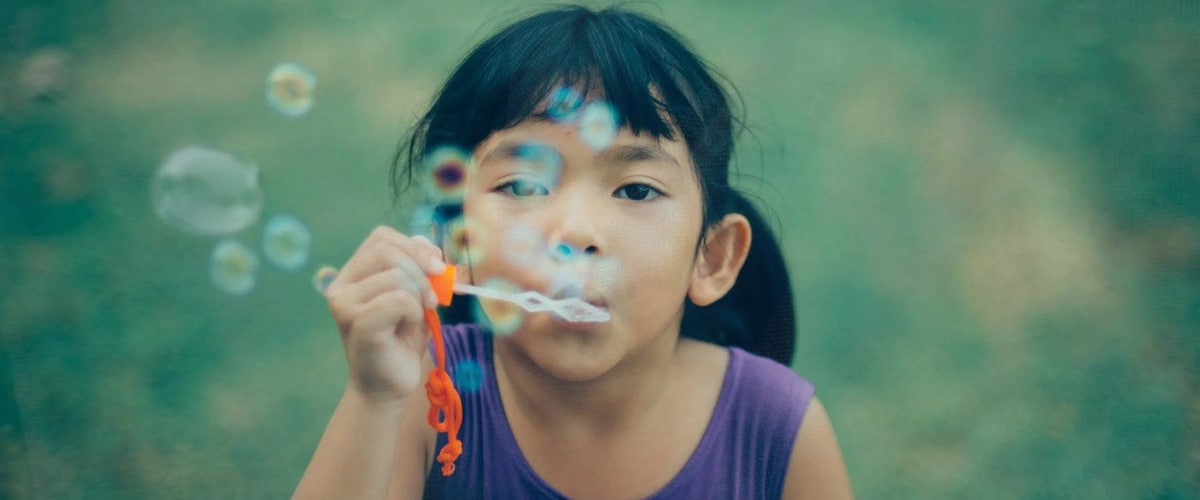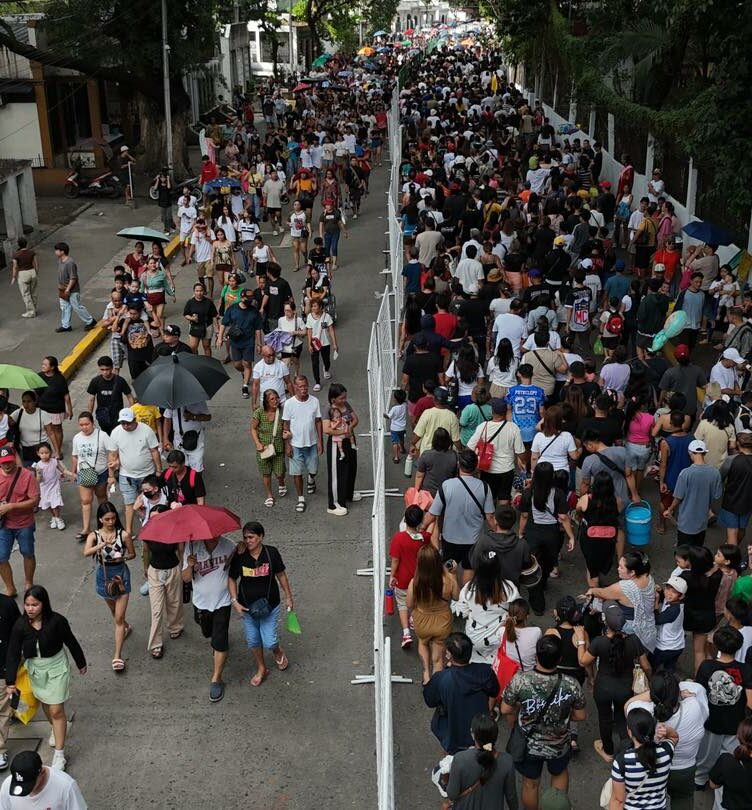EVERYTHING felt infinite.
Sunlight drenched the street in a golden haze as we sprinted across the pavement, racing past the houses in the neighborhood we’ve always known to be ours. We were drenched in sweat, our skin carrying the scent of hours played under the relentless sun.
We knew that by the time we got home in the early evening, our mothers would be waiting, ready with sermons about the dirt on our feet and the grime under our nails. But right then, none of that mattered. The moment belonged to us. We were lost in the magic of our make-believe world.
Our make-believe world. Ours. Where the puddles on the pavement weren’t just puddles but the ocean in which to sail our paperships. Where the backyard isn’t a backyard but an entire forest filled with fairies and creatures to defeat.
We weren’t just kids. We were warriors. Explorers. Pirates. Heroes. In our eyes, the ordinary became extraordinary, the rigid laws of time and space ceased to exist.
In that precious summer, we were free. To imagine. To run. To create worlds where everything was possible and nothing was far out of reach.
But all good things don’t last.
A Wrinkle in Time
I was listening to Taylor Swift’s Seven late one night— a song from her folklore album that describes the wonder of childhood— when I suddenly thought about the last summer I played outside.
On the surface, it was just another season of long golden afternoons spent playing under the sun, feeling the weightlessness of being away from school.
But as I listened more to the song, something quietly clicked inside me. I never realized it then, but that summer was different. It was the last summer of the story I hadn’t even known was ending.
I didn’t see it coming. I don’t think anyone ever does. How could we? We never wake up one day and decide to stop playing the game of pretend. We never choose to look at the backyard as just a backyard, not a place of enchantment. We never foresaw that the street where we once played patintero and langit lupa would simply become… an ordinary street.
There were no dramatic goodbyes. No ‘The End’ to warn us of the final chapter. One moment, we were creating worlds out of dust and imagination. The next, we weren’t. It’s just like that.
In that last summer, we were still the same kids. We raced through the streets, played Chinese garter, and traded Chocnuts and sweet corn from the sari-sari store.
But beneath the laughter, the sunburns, and the scraped knees, there was the faintest sense of something else—something unspoken, like the slow shift from sunny days to rainy ones. It wasn’t sudden, but we could feel it… the pressure of growing up, creeping in quietly, like an unwelcome guest.
The Return From Neverland
Things began to change. Our conversations shifted from make-believe to real-world matters. Fairies became silly. Mermaids too. And pirates, we learned, were not really someone you wanted to be.
We weren’t just kids anymore in the eyes of the adults; we were girls and boys who needed boundaries, limitations.
We had to learn what was proper and what was improper—and soon, we learned it was improper to spend too much time with the opposite gender, though we never could truly understand why.
Games on the streets became fewer and farther between, until one day, we just stopped playing. And just like that, we drifted apart.
Some of us retained that friendship through adulthood. But the others became familiar faces of strangers in the street. What we knew of them came not from their own stories, but from the mouths of those who now knew them better than us now.
Some faded with time, their faces erased even in our childhood memories.
It was the quietest of endings.
It wasn’t just that we grew older—though, of course, we did. It was that we began to see the world differently. We started to notice things that we had ignored before—the smallness of our town, the rigidity of time.
There was less magic in the everyday, less room for imagination. Those ordinary places we once turned into castles or jungles no longer felt like they could hold the same adventure. We were changing, and it wasn’t something we could stop, even if we wanted to.
We realized that Neverland is a myth. The place where children could hold onto their youth, unburdened by the responsibilities brought by time, exists only in fiction. The world outside our backyard was calling us, and it wasn’t a place that allowed us to remain suspended in innocence. We could no longer pretend that the rules didn’t apply to us.
Maybe that’s why Peter Pan has always been such an alluring figure—because he represents everything we had to leave behind. He symbolizes the part of us that still wants to chase that endless summer, to stay in that moment of unrestrained joy, and ignore the pull of time.
But the truth is, no one gets to stay in Neverland forever.
The Wonders of Growing Up
But just like Wendy, we need not be sorry for growing up. It is something that we need to do to be able to truly experience what it means to live.
It doesn’t truly erase the magic—there are still moments when I look at the backyard and see the little trails of fairy dust in them. There are fleeting instances when the world feels a little more enchanted, like the glint of sunlight through the trees or the sound of laughter in the distance.
Growing up is not the problem. The real tragedy is forgetting. While we may no longer be able to live in that boundless world of make-believe, we could always carry a piece of Neverland with us— that childish wonder that makes the world a little bit more colorful. We must remember that whatever obstacle we are facing right now in our adult years, it’s just another adventure to conquer, to solve with a little bit of childhood imagination.
After all, just like what Peter Pan said, “To live is an awfully big adventure.”
How useful was this post?
Click on a star to rate it!
Average rating 0 / 5. Vote count: 0
No votes so far! Be the first to rate this post.
We are sorry that this post was not useful for you!
Let us improve this post!
Tell us how we can improve this post?





